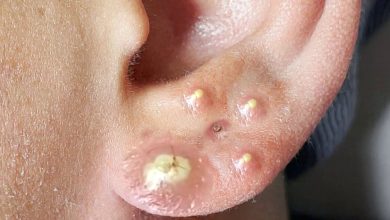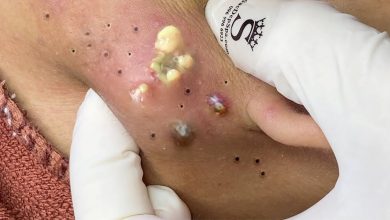Genetically Modified Mosquitoes Released in Florida: A Controversial Step in the Fight Against Zika, Dengue, and Yellow Fever
The release of genetically modified mosquitoes in the United States started in Florida, marking a controversial step in the fight against mosquito-borne diseases like Zika, dengue, and yellow fever.
After years of regulatory delays and public opposition, bioengineered male Aedes aegypti mosquitoes were introduced into the environment.

The goal of this field test is to suppress wild populations of Aedes aegypti, which make up only 4% of the local mosquito population but are responsible for nearly all mosquito-borne disease transmission to humans.
The genetically modified male mosquitoes, which do not bite, will mate with wild females. These males carry a gene that causes female offspring to die in early larval stages, while male offspring survive and continue passing the gene to future generations. As the population of biting females declines, researchers expect the Aedes aegypti population to gradually collapse, potentially reducing disease transmission. This strategy offers an alternative to insecticides, which have contributed to the evolution of insecticide-resistant mosquitoes.
This U.S. field test follows successful trials by the same company in Brazil, the Cayman Islands, Panama, and Malaysia, where Aedes aegypti populations dropped by at least 90%. The release of genetically modified mosquitoes in Florida adds to previous U.S. trials of bioengineered insects, including diamondback moths in New York and pink bollworms in Arizona. If successful, the mosquito project could offer a sustainable, targeted solution to control mosquito populations without relying on chemical insecticides





